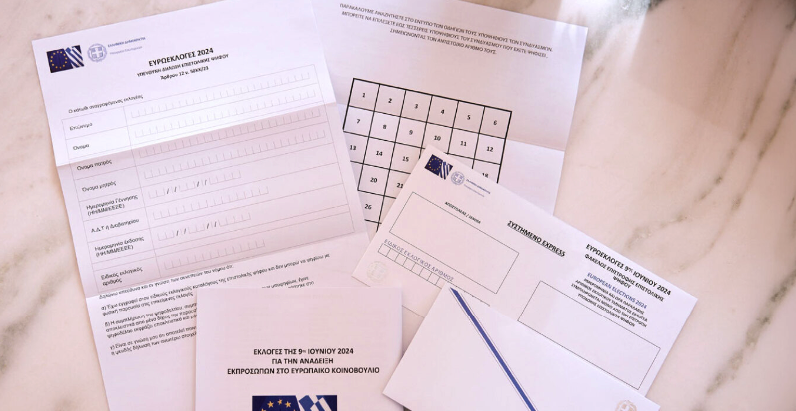‘Cut’ by law the maximum commissions that will be imposed for the next 3 years on transactions up to 10 euros in the so-called ‘small retail’ and taxis.
That is, to industries and professionals who work a lot with these amounts and lose a significant part of their profit margin due to POS commissions that currently reach up to 2%.
An amendment of the Ministry of Economy and Finance submitted last night to the Parliament sets for 3 years maximum limits on commissions and fees for transactions throughout the chain of the commission charging, namely banks, clearing houses and international card organisations. This measure benefits grocery stores, convenience stores, bakeries, taxi cleaners, tailor shops, etc.
In another provision, the measure of monthly traffic fees is activated from May Day for those who want to proceed with the removal of immobilisation of their vehicles to make Easter in the village.
In particular, the provisions of the amendment concerning bank commissions set for a period of 3 years, maximum limits on commissions and charges for transactions of up to 10 euros carried out with debit credit and prepaid cards of individuals.
The measure applies to:
– Grocery stores and “mini markets”,
– press agencies and kiosks,
– Books, magazines, newspapers,
– books, magazines, newspapers, magazines, newspapers, magazines, newspapers, books, magazines, newspapers, magazines, magazines, newspapers, books, magazines, newspapers, magazines, newspapers, books, magazines, etc,
– Bakeries,
– Taxis,
– Nut and confectionery shops,
– Dairy shops,
– Dry cleaners,
– Shoe repair shops,
– Tailors’ shops, clothing repair/processing
– Sewing and knitting shops, especially for fabrics,
– Miscellaneous food stores, convenience stores, specialist shops,
– Various general merchandise shops,
– General stores (convenience stores),
The reductions in the limits on supplies and charges shall apply for a period of three years from the date of entry into force of the scheme and shall be fixed as follows:
(A) the maximum clearing commission charged to the merchant by the payment service provider may not exceed 0.50% of the transaction value.
B) the maximum interchange fee may not exceed 0.10% of the transaction value for private debit and prepaid cards and 0.15% of the transaction value for private credit cards.
C) the maximum charge of the payment service provider from international card organisations may not exceed 0.10% of the value of the transaction.
The measure does not apply to limited liability companies and to companies with more than 3 card acceptance terminals obtained from the same payment service provider.
In addition, another provision stipulates that payment service providers cannot refuse to provide POS to businesses and professionals if there are sufficient means of securing them by invoking credit rating or capacity reasons as well as reasons relating to potential high-risk transactions.
Former NASA engineer says he’s invented a thruster that doesn’t require propellant
The possibility of additional security for providers is foreseen, such as, but not limited to, the advance payment of an annual fee, the provision of a guarantee and the possibility of clearing transactions within a sufficient period of time after they have taken place.
It should be noted that in case of non-compliance by providers, a fine of EUR 1,000 per infringement is foreseen by the Governor of the AADE. Finally, it is stressed that a Ministerial Decision may specify the conditions relating to the collateral of payment service providers.




































